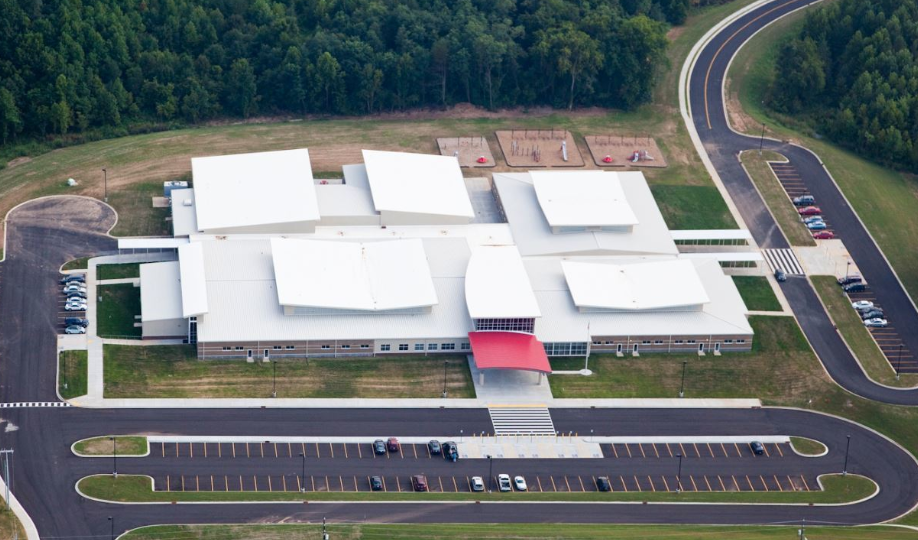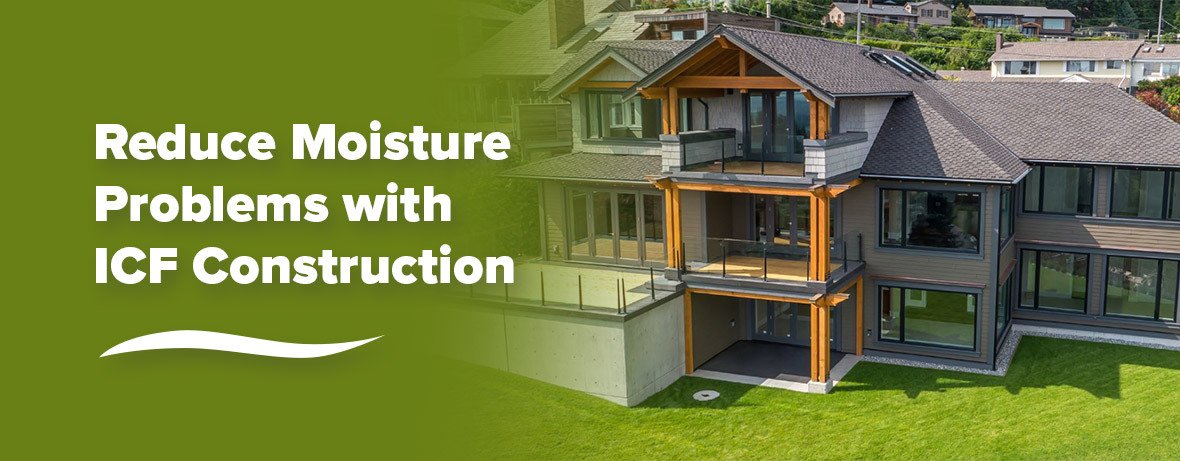
Highlights of The 2021 ICF Builder Awards

Building for the Future: Exploring ICF Construction in Washington State

Get Quicker Winter Construction with ICF

Supporting Green Initiatives in Government with ICF Construction
Despite understanding the need for sustainability, many architects, designers and building owners see the associated costs as a barrier. The reality is that, while switching to sustainable building practices does require an initial investment, it’s not as much as many assume.

Why Real Estate Investors Should Rebuild with ICF Instead of Fix and Flip
Real estate investors can limit the financial risks of fix and flip construction by demolishing the old structures and rebuilding with insulated concrete forms (ICFs).

Why More School Boards Are Turning to ICF School Construction for Long-Term Cost Savings
R-Value: It's More Than a Number
Although R‑values are considered to be the standard measure for insulation, they are not the whole story when it comes to choosing insulation.
Building Beyond Code with ICF
While it may seem that having to comply with constantly-evolving building codes is just part of doing business in a modern society, that’s not really true.

3 Reasons Why Building with LEED Materials is Better for Your Business
As green building becomes more common practice, there is a trend towards lower construction costs associated with building sustainably, due to improved technologies and more readily available environmentally friendly building materials.

Reduce Moisture Problems with ICF Construction
You can avoid stud-framing moisture problems by choosing a moisture-resistant insulated concrete form (ICF) foundation for your new home.